Conceptualizing and exploring change mechanisms in psychotherapy: The roles of common and specific change processes
Categories: Research project completed

A process study examining trajectories and mechanisms of change in psychotherapy across a range of different psychological disorders and treatment methods. The aim is to gain a better understanding of how psychological treatment works.
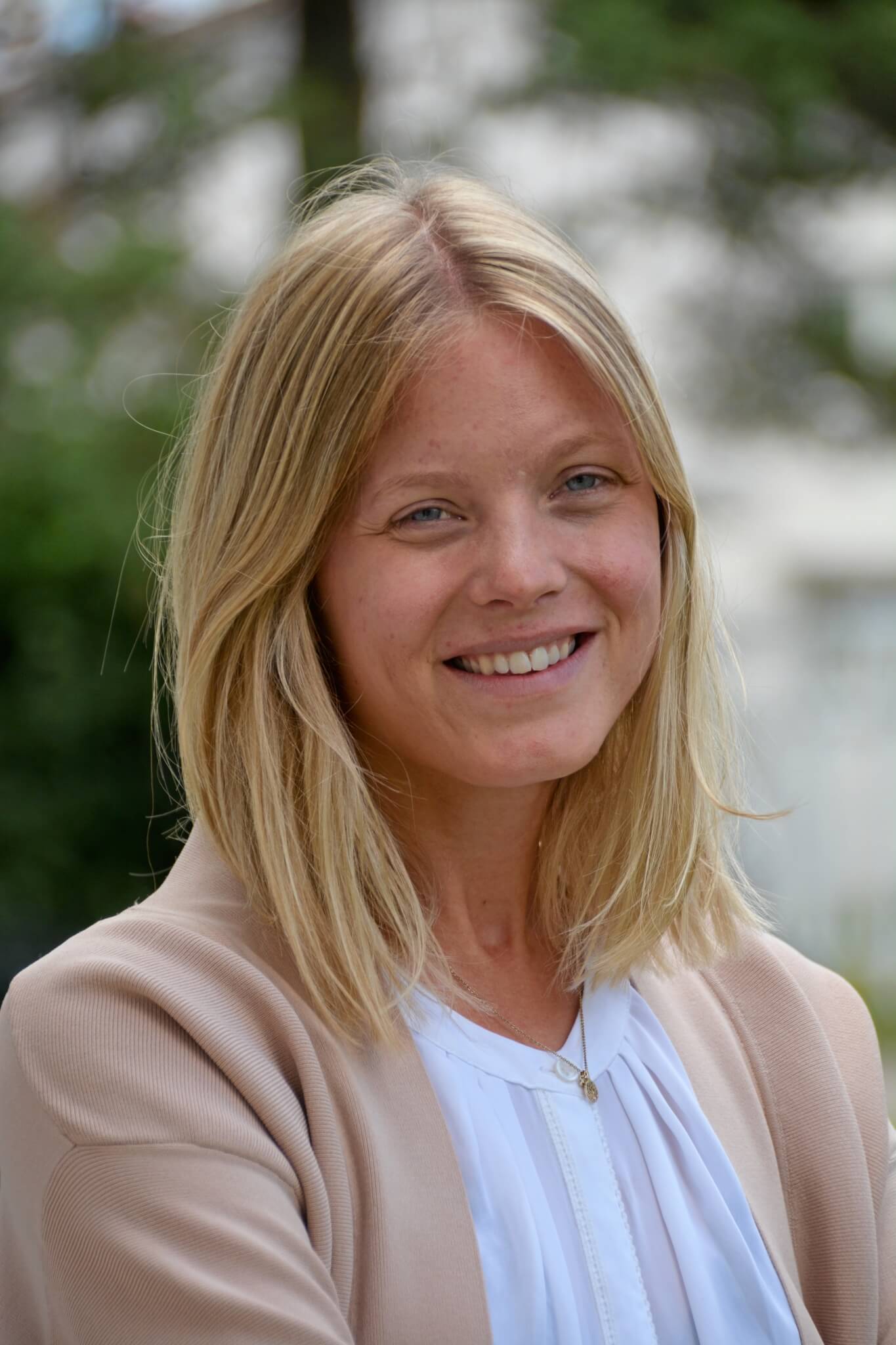
Ingvild Finsrud, Ph.D.
Clinical Psychologist
Ingvild Finsrud is a clinical psychologist specialized in clinical psychology for adults with additional training in Intensive Short-Term Dynamic Psychotherapy (ISTDP). Ingvild’s areas of interest include psychotherapy process, outcome, and integration; moderators and mediators of treatment effects; the therapeutic alliance, and therapist training and development; therapist effects; psychotherapy personalization; common/transdiagnostic treatment factors; short-term dynamic therapy.
About the Project
Findings from different areas of psychotherapy research suggest that psychotherapeutic change is complex, involving common factors and various specific change processes. Attention has turned to understanding how psychotherapy works—that is, what are the mechanisms of change of psychotherapy?
The overarching aim of this theses was to examine central mechanisms of change, both common factors and specific change processes (such as emotional and cognitive), in order to acquire a better understanding of how change occurs.
The PhD project investigates change processes in patients primarily treated for depression, anxiety, eating disorders, or psychological trauma. The patients receive different treatment models: cognitive behavioral therapy, metacognitive therapy, compassion focused therapy, stabilizing therapy, short-term dynamic therapy, existential therapy, or family therapy. The research project investigates interactions between symptoms, common factors and therapy-specific processes, and how these (potential) interactions are related to treatment model and patient characteristics. The overall aim of the study has been to gain more understanding of how change occurs within and across therapeutic models and diagnostic groups. Further, the research group has explored patients understanding and conceptualization of the common factors and of the therapeutic relationship.
The study utilizes data collected continuously throughout the treatment process at Modum Bad using the feedback tool M-POQ (Modum Bad Process and Outcome Questionnaire). The project uses advanced latent growth curve models to investigate on an individual level what leads to change from week to week during treatment.
Objectives
The project’s objectives are to acquire knowledge of how change occurs and to identify trajectories and mechanisms of change in psychological treatment for persistent depression, anxiety disorders, childhood trauma, eating disorders, and family problems. In other words, to understand more about how therapy works. This knowledge can be used to develop more effective treatment approaches and tailor treatment to different patient groups.
Results
This overarching aim of this theses was to examine central mechanisms of change, both common factors and specific change processes (such as emotional and cognitive), in order to acquire a better understanding of how change occurs. The results suggest that:
- Patients conceive the therapeutic relationship as consisting of two central components, namely Confidence in the therapist and Confidence in the treatment.
- Both Confidence in the therapist and Confidence in the treatment were found to predict symptom distress week by week at an individual level during therapy. The associations were bidirectional, meaning that symptom distress also predicted subsequent levels of the relationship factors.
- In addition to finding a reciprocal association between the two relationship factors and symptom change, they also seem to be associated with distinct pathways of change (i.e., affective and cognitive).
- Examining change patterns in psychodynamic therapy we found that Confidence in the therapist predicted increased emotional clarity during therapy, whilst this association was not significant in the cognitive focused treatments. Indicating that the different treatment orientations make use of different pathways of change.
- Finally, as our results suggest that associations between the different aspects of the therapeutic relationship and other change processes vary across treatment orientations, the research supports existing notions in the field about the therapeutic relationship as a pantheoretic phenomenon that expresses differently depending on treatment context.
Background
The project is a dual competency project that began in 2017. The project uses data from the all units at Modum Bad.
Patients who have received treatment at Modum Bad from 2017 to the present can be included in the study if they have consented to the use of their data for research purposes. All patients can withdraw their consent at any time.
Funding
The project is a dual competency project i.e. a collaboration between Modum Bad and the University of Oslo, Institute of Psychology, department of clinical psychology. The research project is funded by University of Oslo and the clinical specialization is funded by Modum Bad.
Tools
The study uses data collected continuously throughout the treatment process at Modum Bad via the feedback instrument M-POQ (Modum Bad Process and Outcome Questionnaire).
Contact Information
Project Contact: Ingvild Finsrud
You can also reach us through the Modum Bad telephone service: 32 74 97 00.
Project team at Modum Bad
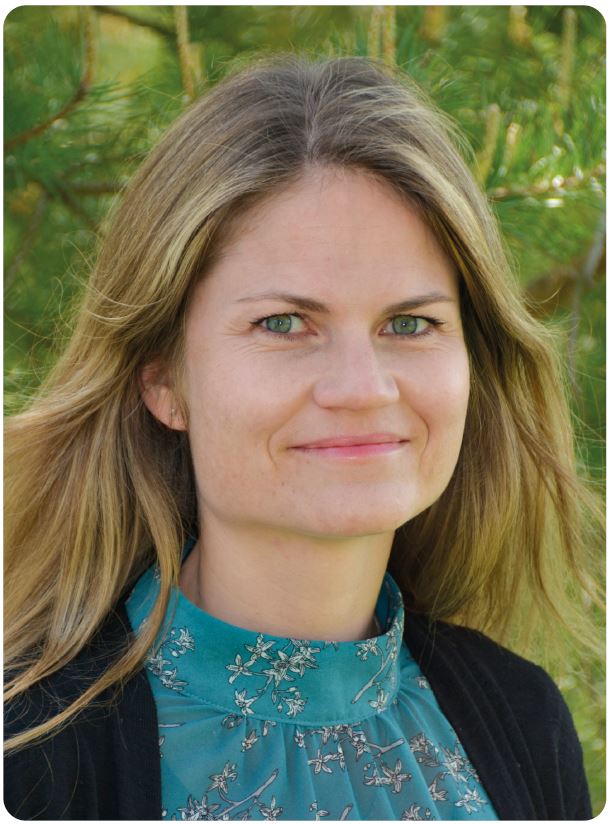

Ingvild Finsrud, Ph.D.
Clinical Psychologist
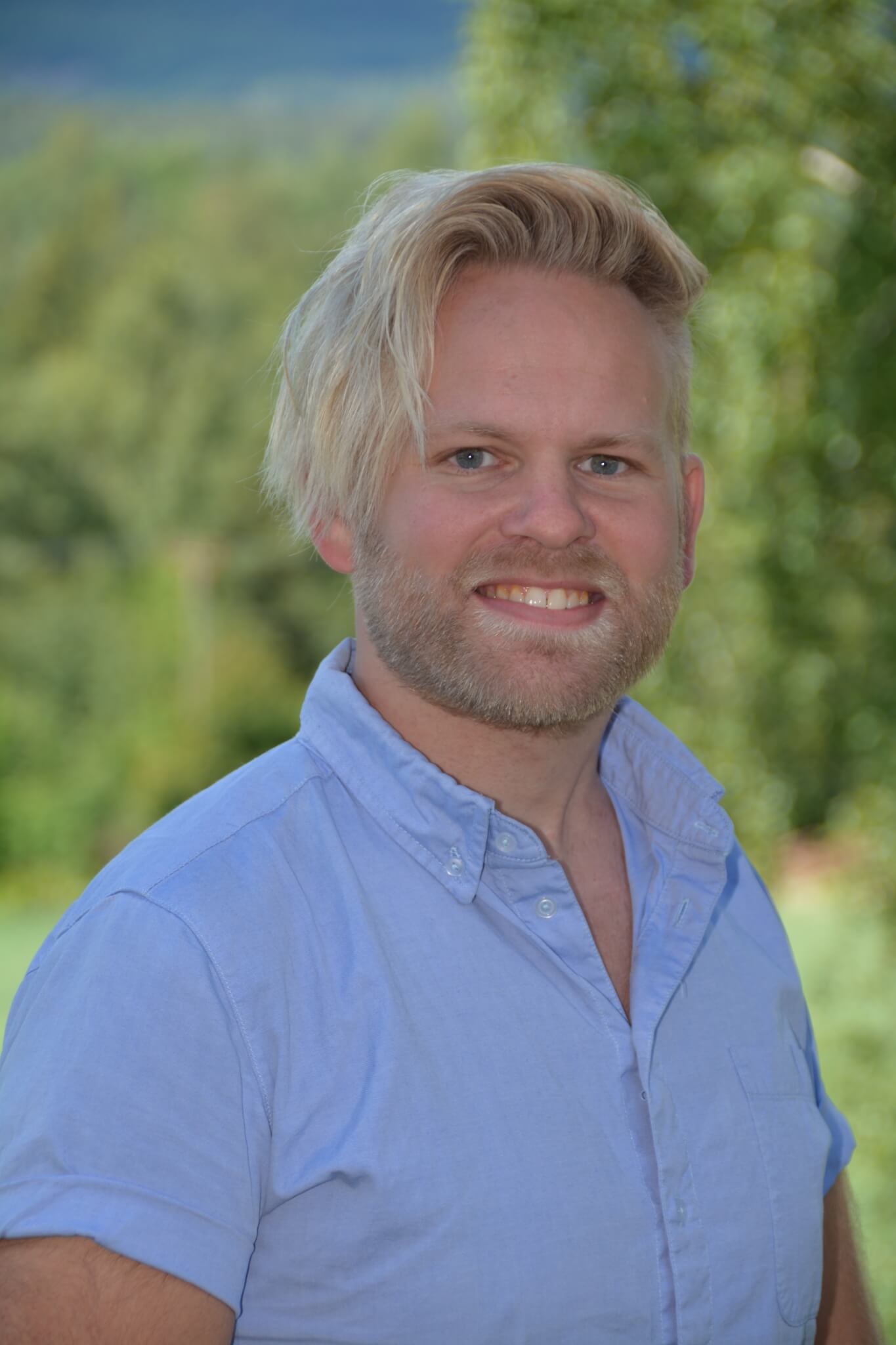
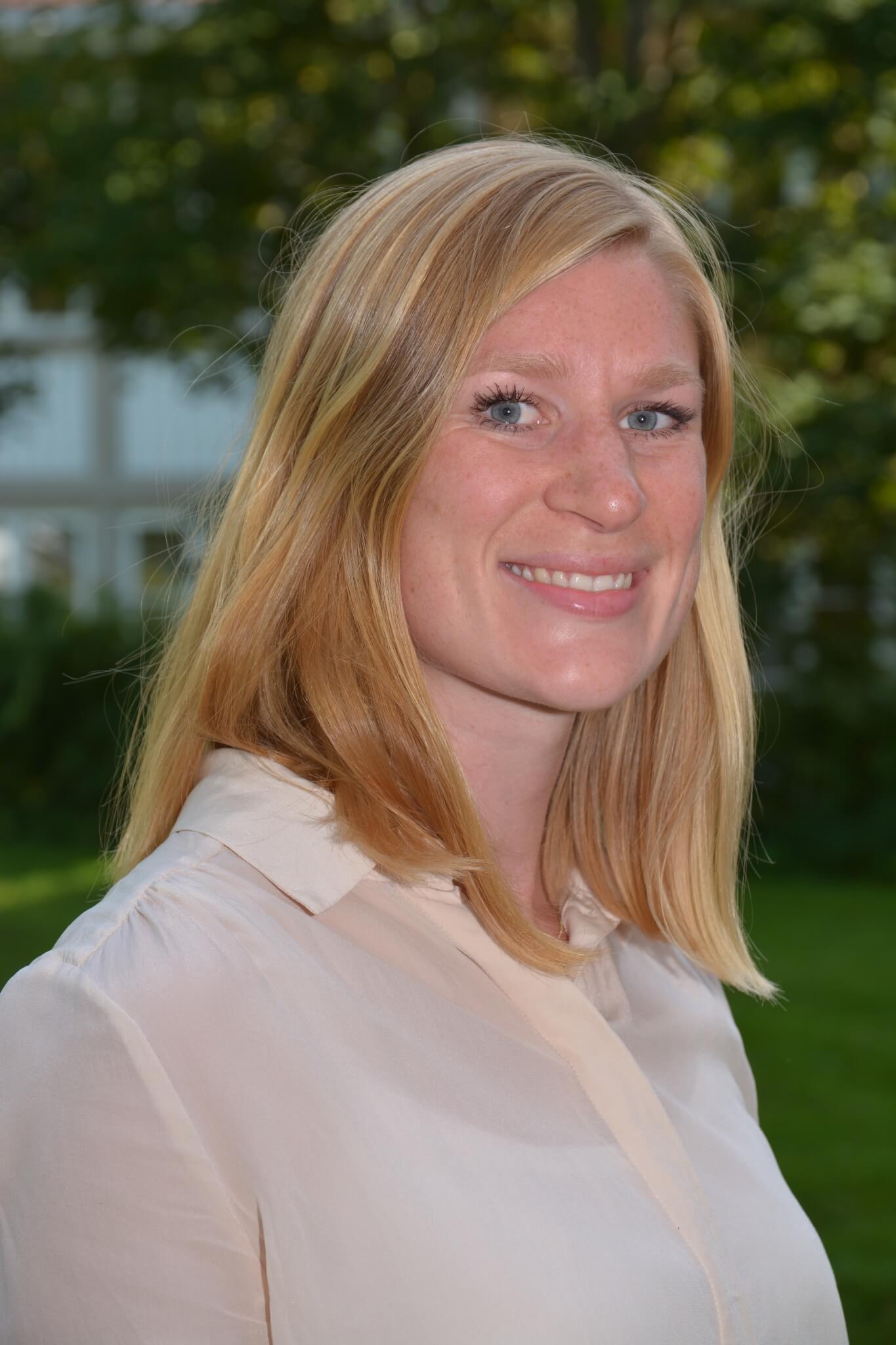
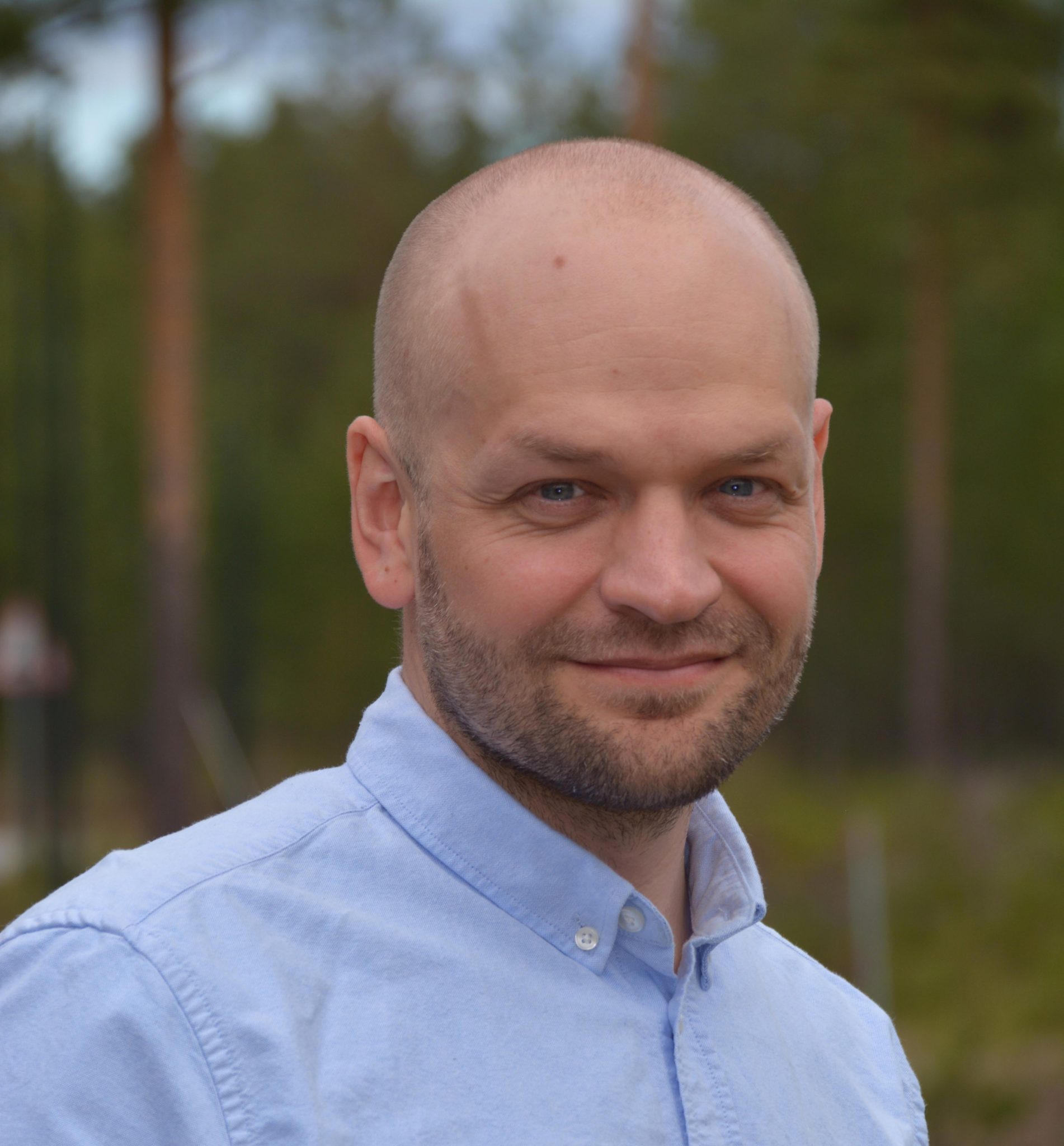
Pål Gunnar Ulvenes, Ph.D.
Klinikkleder / Førsteamanuensis II Universitetet i Oslo
Head of Clinic, Associate Professor at University of Oslo
Project participants
Ingvild Finsrud, psykolog, PhD,
Helene Nissen-Lie, psykologspesialist, professor, Universitetet i Oslo
KariAnne Vrabel, psykologspesialist, PhD, Forskningleder, Modum Bad
Pål G Ulvenes, Clinical Psychologist, PhD, Head of Department, Modum Bad
Linne Melsom, Clinical Psychologist, Ph.D. Candidate, Modum Bad
Bruce Wampold, Ph.D., University of Wisconsin
Andreas Høstmælingen, psykologspesialist, PhD, Forskningsdirektør, NUBU

